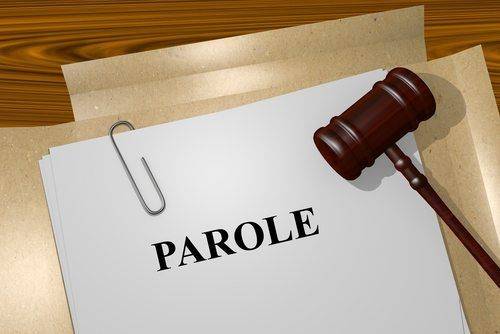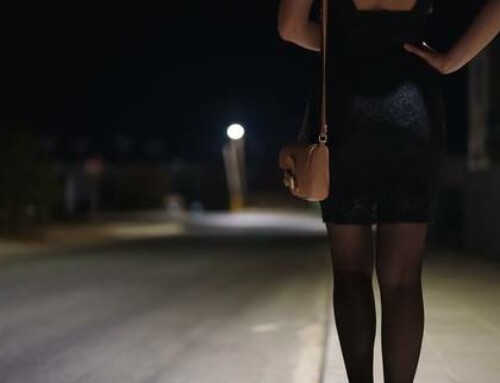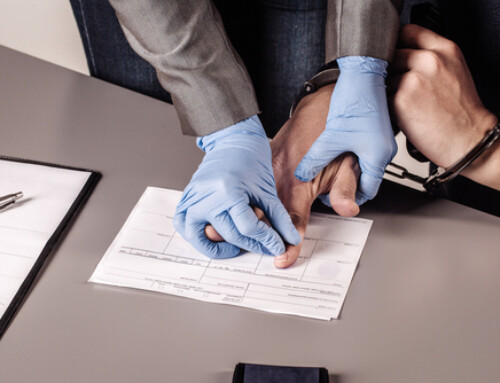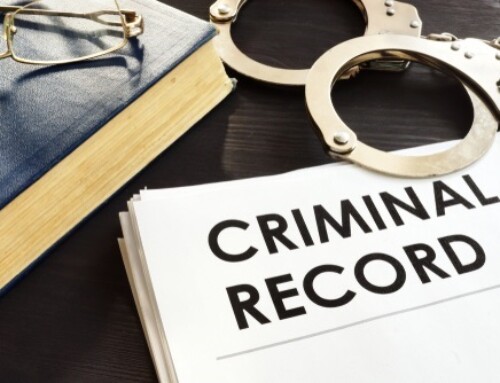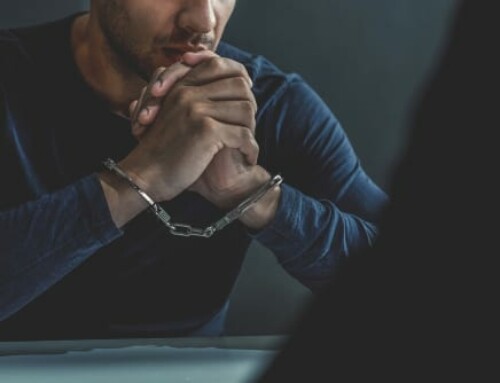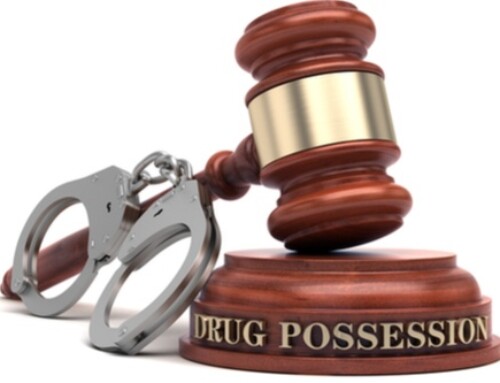As a criminal defense attorney in North Charleston, South Carolina, I am often asked to explain the differences probation and parole. It is my sincere hope you have not experienced any of these options, however, if you find yourself faced with a crime, you may want to review these differences. In this article, I will define probation, explain probation conditions and its consequences. I will also define parole and the differences between probation and parole.
What is Probation in South Carolina?
Probation is a sanction that has been ordered by the court system. A person is put on probation when they have been found guilty of committing a crime. Probation lets a person stay in their community, so long as they are supervised by a probation officer. However, probation is not an option for every offense as some offenders go to jail or prison without ever having the offer of probation on the table.
What are Probation Conditions in South Carolina?
Probation conditions vary from person to person and case to case, and can include:
- Community service
- Counseling
- Fines
- Jail time
- Reporting to the probation officer
- Restitution
- Restrictions on drugs and alcohol
- Restrictions on weapons
What Happens If I Do Not Follow the Conditions of My Probation in South Carolina?
Not taking probation seriously is a huge mistake. The point of probation is making sure that the public is safe – if someone disregards an aspect of their probation, then the public may not be as safe as possible. When somebody breaks the rules of their probation, they have to go in front of the judge again. Ultimately, the person can be sent to prison or jail for breaking probation.
Judicial discretion allows for many possible hearing outcomes as the judge has complete control over how a probation violator is sentenced.
In deciding sentencing, a judge will take into consideration the circumstances of your violation, including:
- Your original criminal case
- Prior violations
- Prior convictions
- Your family situation and support system
- Your living situation
- Your employment
- If you are enrolled in school
A judge is not limited to jail time as a probation violation penalty. A judge has many more options available, including:
- Prison time
- Revocation of probation
- Extend the duration of your probation
- Add additional conditions on your probation
- Ankle monitoring
- House arrest
- Dismissal of the probation violation
What is Parole in South Carolina?
The Bureau of Justice Statistics defines parole as,
Parole refers to criminal offenders who are conditionally released from prison to serve the remaining portion of their sentence in the community. Prisoners may be released to parole either by a parole board decision (discretionary release/discretionary parole) or according to provisions of a statute (mandatory release/mandatory parole). This definition of parole is not restricted to only prisoners who are released through a parole board decision, but also includes prisoners who are released based on provisions of a statute. Parolees can have a number of different supervision statuses including active supervision, which means they are required to regularly report to a parole authority in person, by mail, or by telephone. Some parolees may be on an inactive status which means they are excluded from regularly reporting, and that could be due to a number of reasons. For instance, some may receive a reduction in supervision, possibly due to compliance or meeting all required conditions before the parole sentence terminates, and therefore may be moved from an active to inactive status. Other supervision statues include parolees who only have financial conditions remaining, have absconded, or who have active warrants. Parolees are also typically required to fulfill certain conditions and adhere to specific rules of conduct while in the community. Failure to comply with any of the conditions can result in a return to incarceration
What are the Differences Between Probation and Parole in South Carolina?
The functions of the probation and parole process tend to be very similar. Both are concerned with a defendant breaking the bad habits or behaviors that caused them to break the law. Even though both probation and parole have a strong rehabilitation component, each process has the additional goal of protecting the community.
The conditions of both parole and probation must somehow relate to a defendant’s rehabilitation or underlying offense. How conditions are set depend on whether a defendant is on probation or parole. A defendant on probation is usually still subject to the jurisdiction of the court. This means the judge has the right to amend or modify a defendant’s conditions of probation. Any changes usually come in the form of an order that modifies a defendant’s conditions.
Parole changes are not usually the result of a court order. Instead, parole conditions are usually set by the parole board, and they are for all defendants. For example, all defendants are banned from committing new offenses. Changes in conditions or procedures related to those conditions do not come from the original judge but instead, come from the parole officer or parole board. Instead of criminal proceeding, these changes are referred to as administrative proceedings. This is an important distinction because a defendant is afforded more state and constitutional protections in a criminal case than an administrative hearing.
What are the Consequences of a Parole Violation in South Carolina?
If a defendant fails to comply with his parole conditions, he could be brought before the parole board to decide on appropriate consequences. The Board can revoke a defendant’s parole and order the defendant returned to prison to finish his sentence. The Board can also reinstate a defendant on parole and then allow him to continue on parole. A defendant doesn’t have the option of a jury trial. Unlike probation, the cap on parole tends to follow the sentence. For example, if a defendant is sentenced to thirty years in prison, then a defendant can be on and off parole for up to thirty years.
Most people are very concerned about having good representation when they are first facing a criminal charge. Defendants should use as much diligence in procuring good counsel to assist with parole issues as they did with the initial crime. If you have any questions about the differences between probation and parole or would like to set up a time to talk, please contact our criminal attorney at the Deaton Law Firm.

